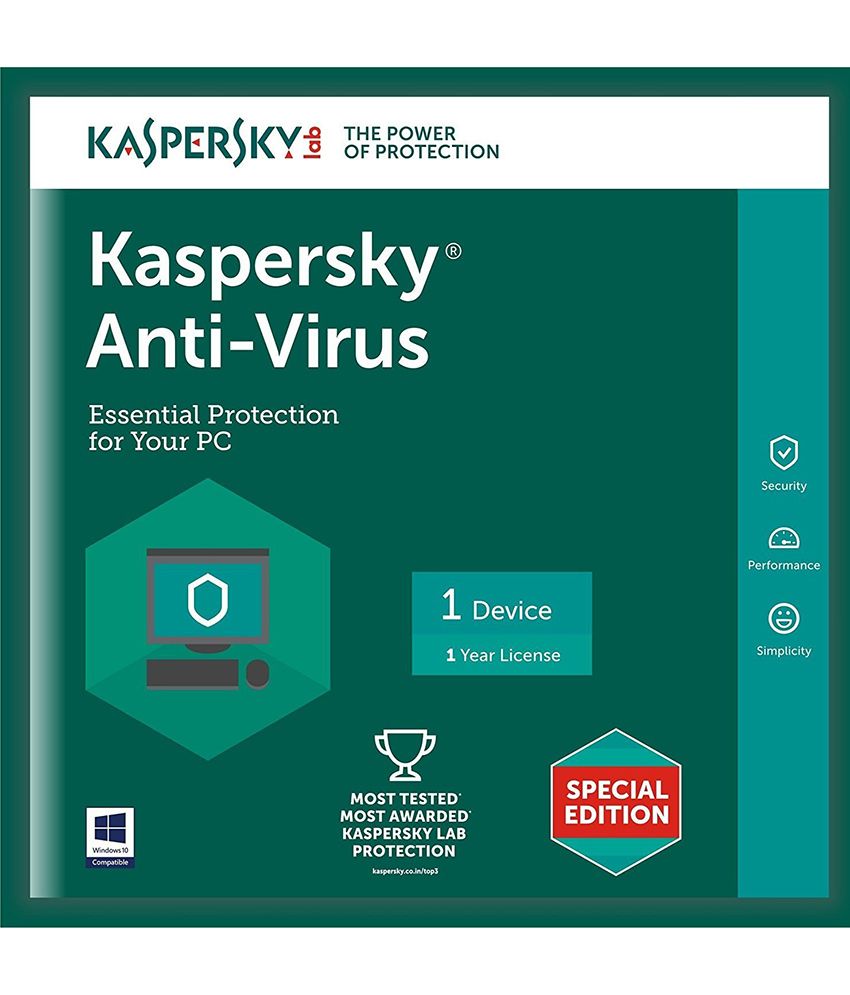
This hides your IP address and keeps trackers from seeing your online browser history, making it more difficult to create targeted ads or track you with cookies. With this free security program you also have limited access to Kaspersky's VPN. Kaspersky will point these out to you and help you find a legitimate updated version to download. Typically, these vulnerabilities include outdated software. This looks at your whole computer setup and finds any weak points where hackers or ransomware can break through. Kaspersky also includes a vulnerability scanner.

This helps you remember complicated passwords and also shields your online credentials from being swiped by keyloggers or other snoops. This includes a password manager that keeps log in information for online accounts in one place. There were a couple of malicious websites Kaspersky didn't block, but it did stop the file downloads when I clicked on them.Įven though it is a free program, Kaspersky Security Cloud includes a few extra tools typically reserved for paid programs. Kaspersky did a better-than-average job blocking these, including several phishing sites made to look like PayPal and Facebook logging pages. Plus, Kaspersky Security Cloud has most of its program housed online rather than on your device, so it doesn't take up valuable resources or cause computer slowdowns.Īnother part of my testing included accessing websites that I know either harbor malicious downloads or have phishing schemes to see if these threats are also recognized. Kaspersky stops infected files during the download process so there isn't a chance for the threat to infect computers at all. When I test antivirus software, I look first at how well each stops live malware before it has a chance to infect my test computers.

What's so great about Kaspersky Security Cloud? Both have features the other lacks, which does set them apart, but overall Kaspersky is the better option for better protection. Because of this difference, Kaspersky Security Cloud Free tends to stop 99% of threats where AVG AntiVirus Free only stops about 95%. AVG, however, waits until the files have downloaded then scoops up the threat and quarantines it. Both Kaspersky and AVG's free antivirus programs help protect your computer from malware, but Kaspersky does it instantly by stopping files during the download process.


 0 kommentar(er)
0 kommentar(er)
